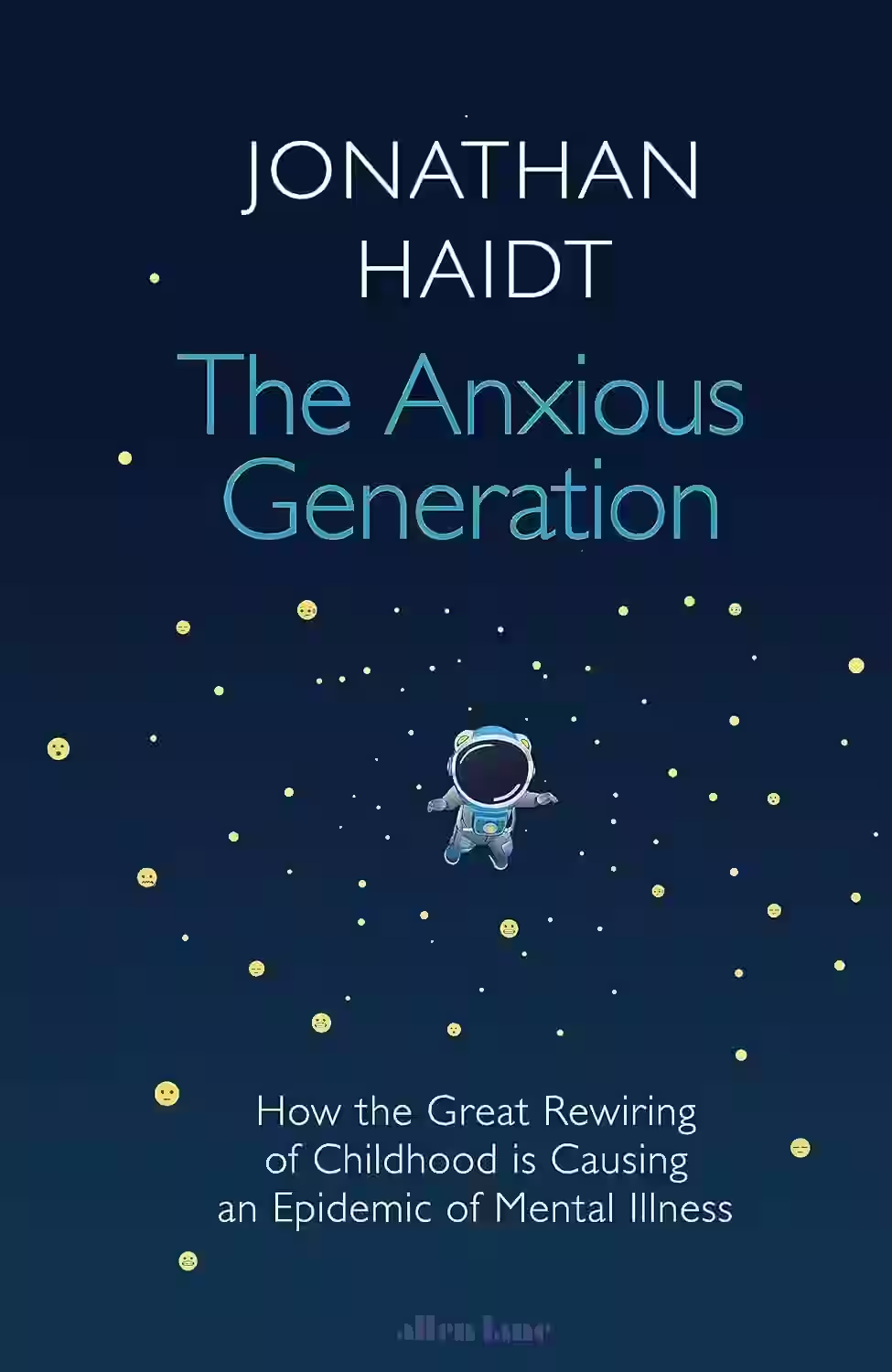
Jonathan Haidt examines the rise in anxiety and depression among adolescents, attributing it to the pervasive use of smartphones and social media. He argues that the digital age has disrupted traditional childhood development, leading to increased mental health issues. Haidt advocates for societal changes, including limiting screen time and encouraging real-world interactions, to foster healthier youth development.
About Jonathan Haidt
An American social psychologist and professor, known for his research on moral psychology and the psychological foundations of morality. His influential books, including The Righteous Mind: Why Good People Are Divided by Politics and Religion and The Coddling of the American Mind, explore the evolutionary roots of moral intuitions and the challenges facing contemporary society, offering insights into political polarization and social discourse.
Other Books by Jonathan Haidt
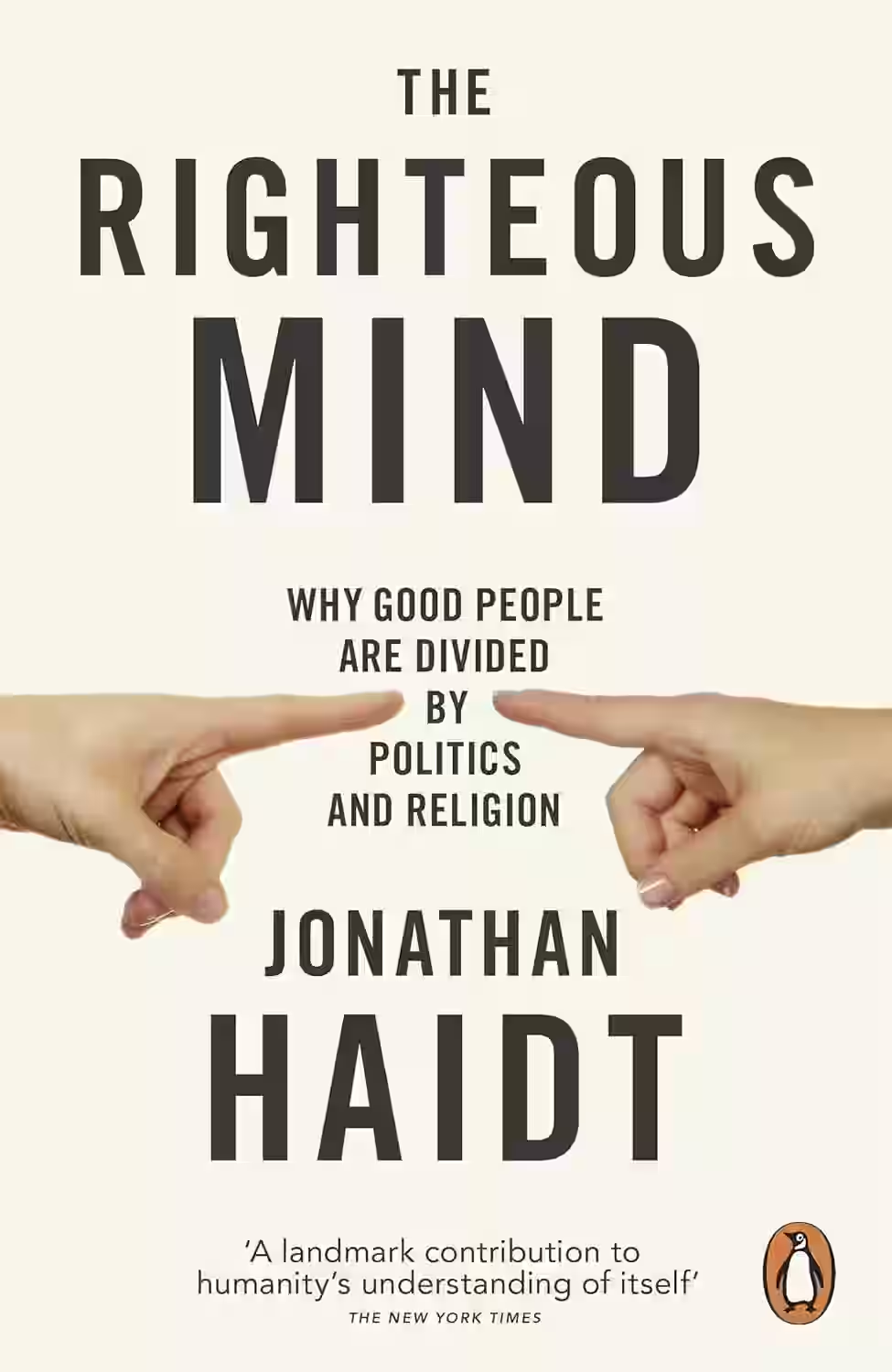
The Righteous Mind
In 'The Righteous Mind,' Jonathan Haidt delves into the psychological roots of morality, arguing that our moral judgments are primarily based on intuition rather than reasoning. Haidt explores how our political and social beliefs are influenced by our moral foundations, challenging readers to consider differing perspectives with empathy and understanding. Through engaging anecdotes and thought-provoking research, he presents a compelling case for the importance of moral diversity in society. This book offers profound insights into the complexities of human morality and provides a roadmap for bridging ideological divides. 'The Righteous Mind' is a must-read for anyone seeking to grasp the fundamental forces shaping our beliefs and behavior.
Similar Books
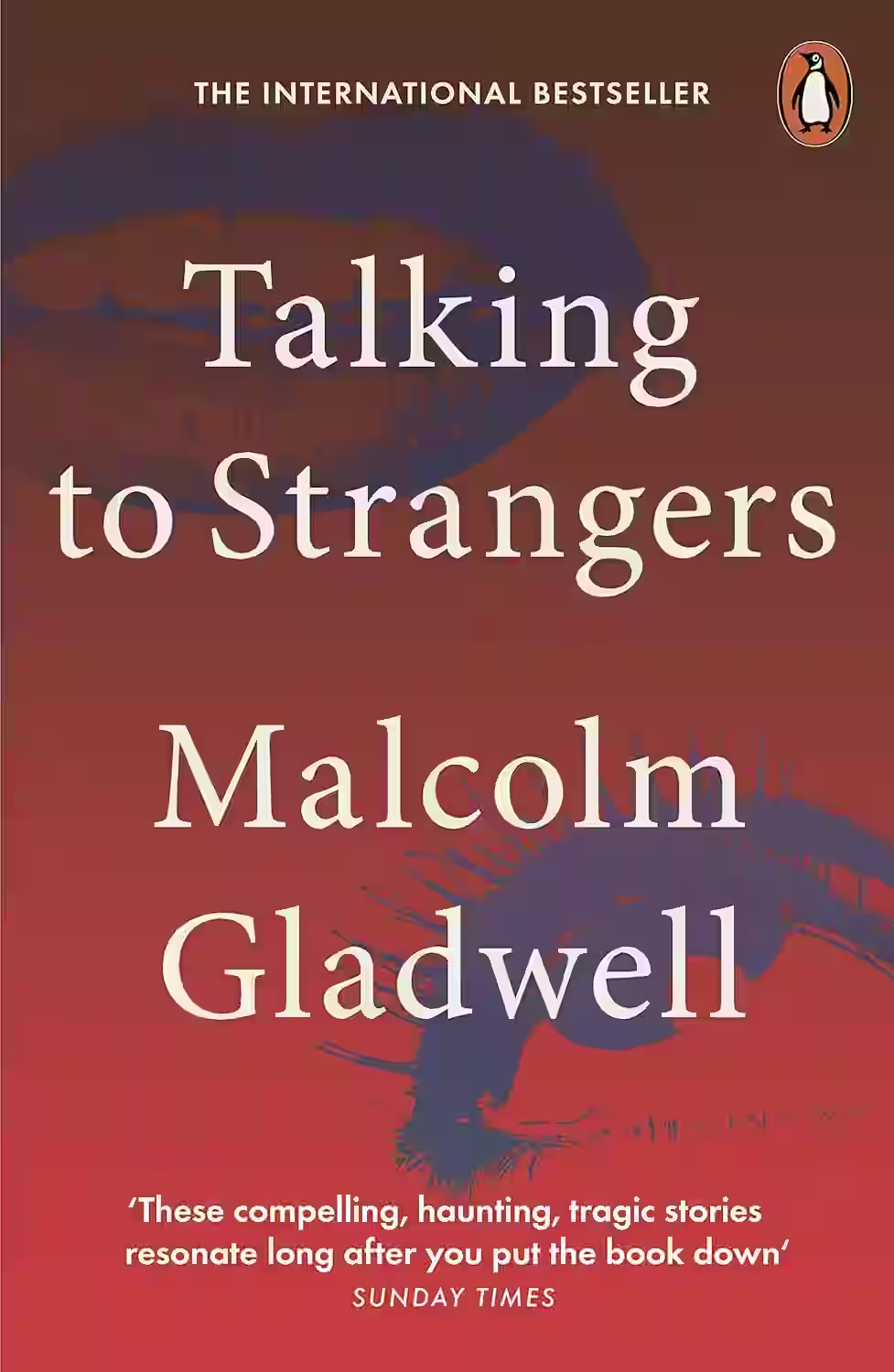
Talking to Strangers: What We Should Know about the People We Don't Know
In 'Talking to Strangers: What We Should Know about the People We Don't Know', Malcolm Gladwell delves into the complex dynamics of human interactions with strangers. Through a blend of psychology, sociology, and real-life anecdotes, Gladwell explores how our innate biases and misconceptions shape our understanding of unfamiliar individuals. He investigates infamous cases like the arrest of Sandra Bland and the betrayal of Bernie Madoff to illustrate the challenges of deciphering strangers' true intentions. This thought-provoking book challenges readers to reassess their assumptions and offers valuable insights into communication and trust in a modern society filled with unknown faces.
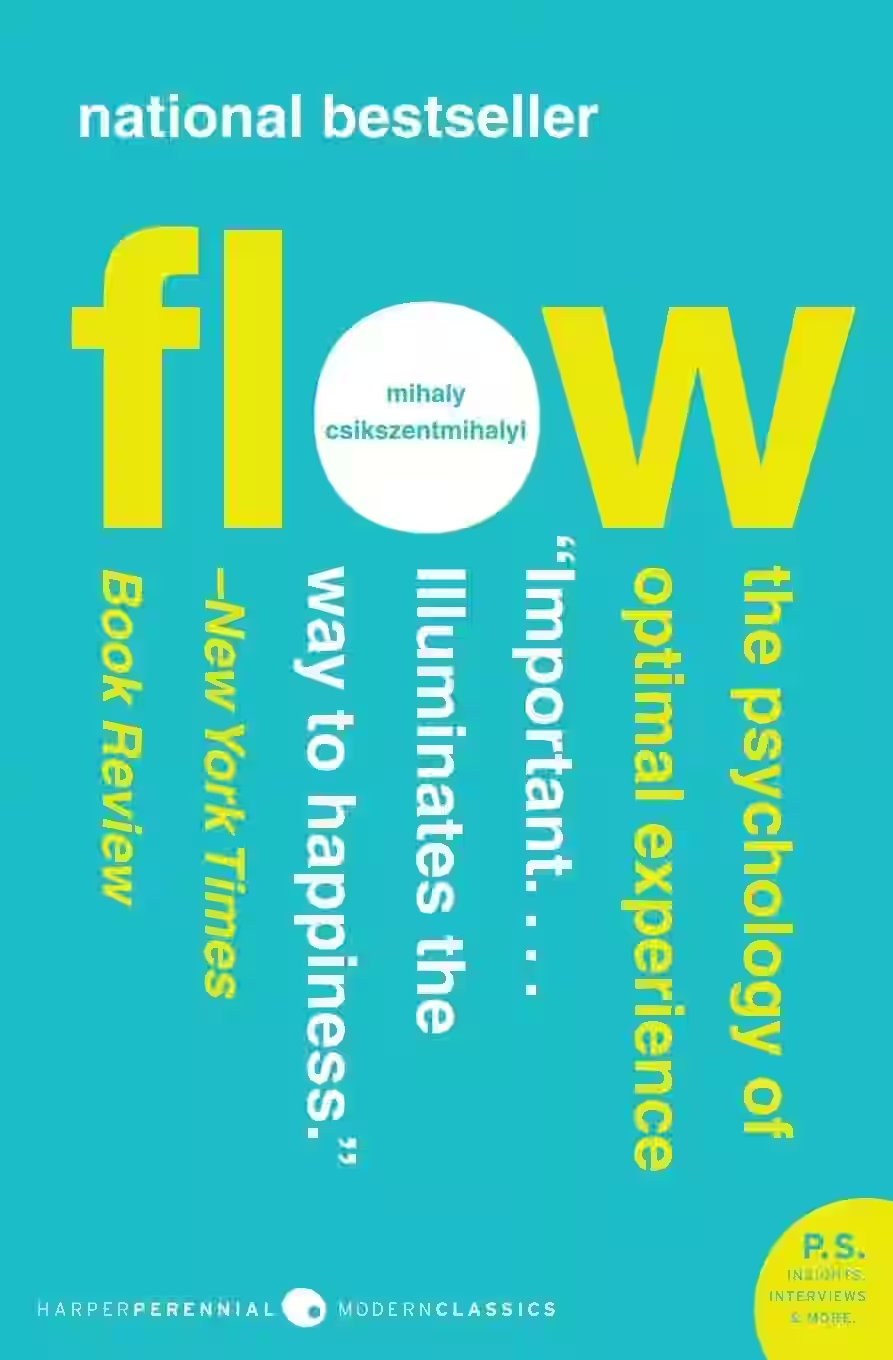
Flow: The Psychology of Optimal Experience
Psychologist Mihaly Csikszentmihalyi explores the concept of “flow”—a state of complete immersion and focus during challenging yet enjoyable activities. Based on decades of research, the book explains how flow enhances creativity, productivity, and overall life satisfaction. It outlines conditions for achieving this state, such as clear goals and immediate feedback, and argues that flow is essential to happiness. Accessible yet scholarly, Flow remains a cornerstone in positive psychology and a practical guide for living a fulfilling life.

Enlightenment Now
In Enlightenment Now, Steven Pinker defends the values of reason, science, humanism, and progress as the driving forces behind global improvements in health, wealth, safety, and freedom. Using data and visualizations, he argues that despite the doom-and-gloom narratives of modern media, the world is improving across nearly every measurable domain. Pinker traces these advances to Enlightenment principles, advocating for their continued relevance in addressing today’s challenges. Though some critics view his optimism as overly confident, the book offers a powerful counterpoint to cynicism and a celebration of humanity’s capacity to solve problems through knowledge and cooperation.
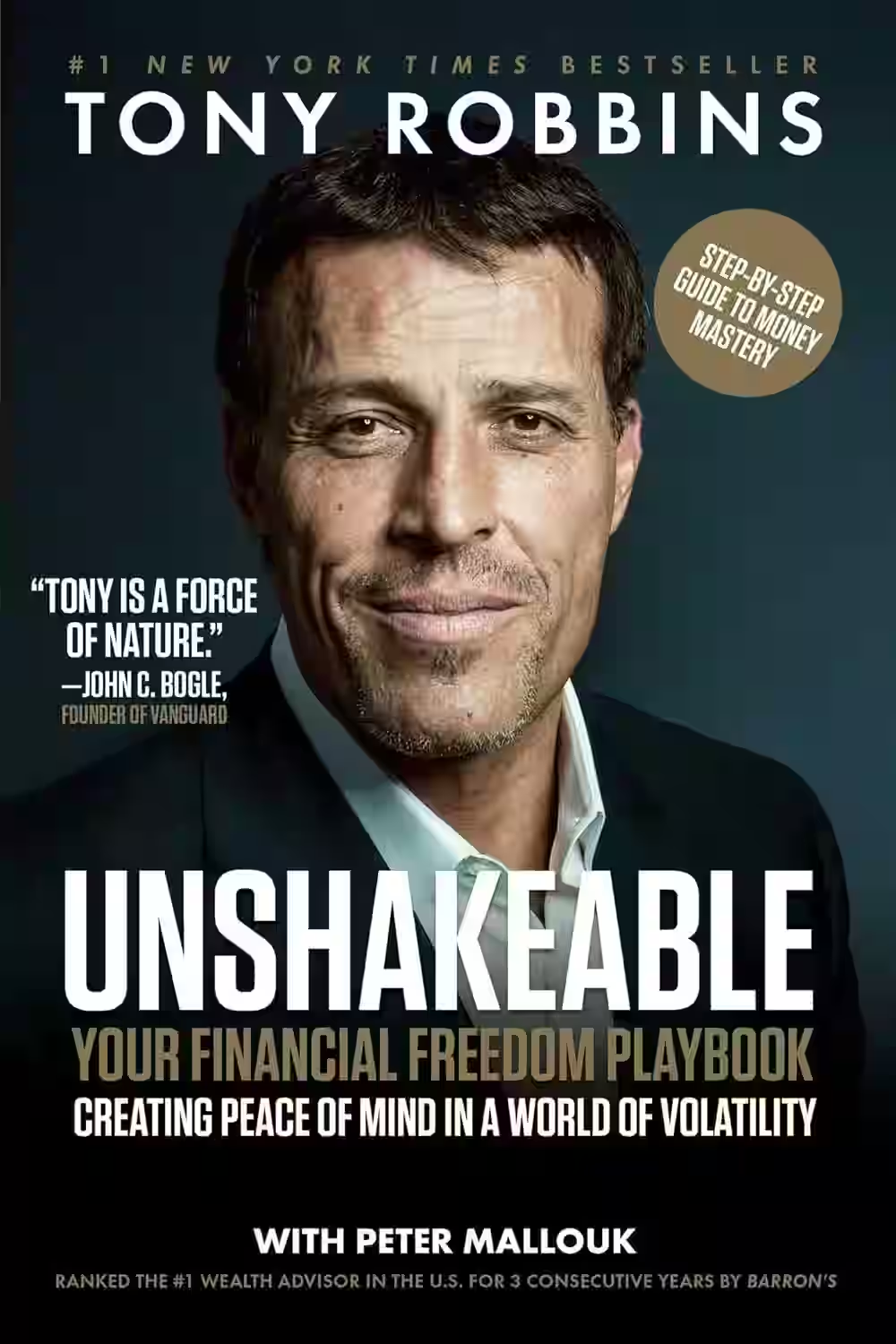
Unshakeable
by Tony Robbins
In "Unshakeable," Tony Robbins, along with financial advisor Peter Mallouk, delves into the world of personal finance and investment. The book is purposefully crafted to arm readers with the knowledge and strategies necessary to cultivate financial stability and confidence. Robbins breaks down complex financial concepts into accessible advice, especially valuable for those new to investing. Emphasizing the importance of staying the course during turbulent market times, it conveys a message of resilience. Robbins also includes practical insights from renowned investors, making it a comprehensive guide to wealth-building. While the book provides a reassuring perspective for anxious investors, it might offer less depth for seasoned financial enthusiasts.